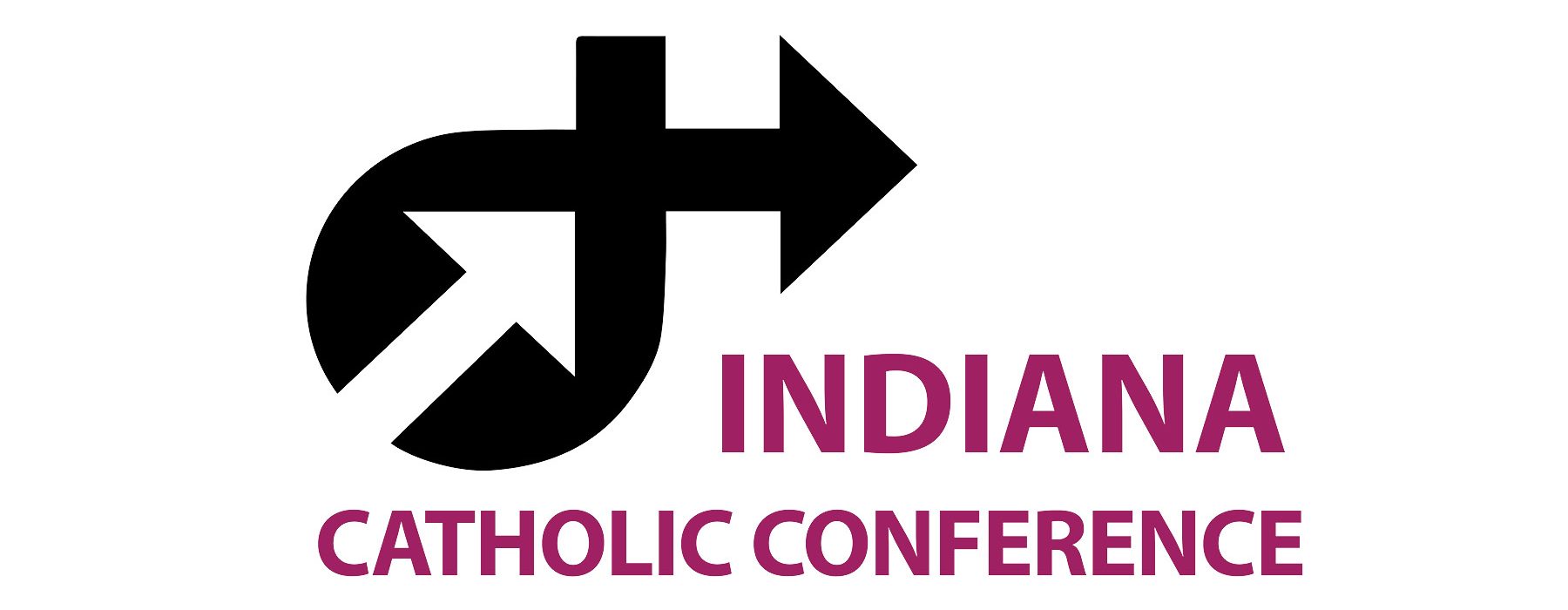January 10, 2020 // Diocese
Vouchers, predatory lending among challenges of legislative session
As a new decade dawned at the Statehouse in downtown Indianapolis, the Indiana Catholic Conference was prepared to shed light on issues facing the legislature from the perspective of the Catholic Church and its timeless teachings.
Lawmakers from across the state reconvened Jan. 6 to open the 2020 Indiana General Assembly – a short session that could see up to a thousand bills filed on a wide range of matters affecting Hoosiers by its conclusion in early to mid-March. The ICC will once again serve as the public policy voice of the Catholic Church in Indiana, following proposed legislation and promoting the Church’s position on key issues to legislators, the media and the general public. And now the ICC itself has a new voice, as Angela Espada became its executive director effective Jan. 1.
“Protecting the common good, the dignity of life and the dignity of the person will always be our core principles,” said Espada, a lifelong Catholic and an attorney who brings an extensive background in law and higher education leadership to the role. She is the first woman at the helm of the ICC since its inception in 1966 and the first woman of color to hold a Catholic Conference directorship nationwide.
Pro-life matters, predatory lending practices and other topics that have been the subject of many bills in recent legislative sessions are expected to be debated once again, according to Espada.
“There will be hundreds of bills filed during this short session,” Espada said. “The ICC will carefully follow, monitor and either speak in support of or in opposition to many bills. When appropriate, the ICC will also work to help pass or block bills as they relate to the common good, religious freedom, non-public education and dignity of the person.”
The ICC saw a number of successes in the 2019 General Assembly, a long session that culminated in the passage of the state’s two-year budget. That budget included significant provisions for Catholic and other non-public schools. One important development was the creation of a third tier of funding for the state’s voucher program, providing more opportunities for families to send their children to the school of their choice.
Another change was the addition of a second-semester window to allow families to apply for vouchers later in a school year. In addition, Catholic and other non-public schools were included in a school safety bill that passed both legislative chambers.
“These were significant victories in the area of school choice and religious liberty,” Espada said, adding that issues related to education are likely to surface again in the 2020 session.
Protecting the most vulnerable people from an economic standpoint also remains a top priority of the ICC. One major success in last year’s legislative session was the defeat of a Senate bill that would have dramatically expanded predatory lending in the state. Moving forward, Espada said, the ICC will be particularly interested in the prevention of online predatory lending that targets not only the poor, but the working class. Lenders largely operating from outside the state of Indiana often charge interest exceeding 150 percent.
“The ICC will be encouraging legislators to enact laws ensuring that lenders from outside our state conduct business in accordance with Indiana law,” Espada said. “Currently there are no such provisions and online lenders conduct business with little or no restrictions. We hope that current payday lenders will also oppose predatory online lending.”
As always, life issues will be at the forefront of the ICC’s focus and priorities, Espada said. Two successes in the 2019 session were the passage of important pro-life bills – one banning dismemberment abortion, a method in the second trimester of pregnancy that involves tearing a live fetus apart in the uterus, and another expanding conscience protection rights beyond physicians and hospital employees. The conscience protection bill ensures that nurses, pharmacists and physician assistants do not have to participate in abortion procedures if they object on moral grounds.
Other victories in the pro-life arena in 2019 included the stoppage of a bill promoting assisted reproduction and gestational surrogacy, as well as the failure of two bills advocating physician-assisted suicide.
“The Church will continue to oppose surrogacy in order to protect women, unused embryos and the relationship between a mother and child,” Espada said. “In terms of respect for all life, the ICC will vehemently oppose any bills that provide a path for euthanasia or physician-assisted suicide. This is particularly important in protecting the disabled, who can be disproportionally affected by those seeking to prematurely end life.”
Protecting the dignity of life will always remain a cornerstone of the ICC’s agenda in any legislative session, according to Glenn Tebbe, who served as executive director of the ICC for 16 years until becoming associate director Jan. 1. He will continue to collaborate with Espada through the leadership transition before his anticipated retirement in the spring.
“I look forward to working with Angela on the many challenges and opportunities that this session will offer,” Tebbe said.
To follow priority legislation of the ICC, visit www.indianacc.org. This website includes access to I-CAN, the Indiana Catholic Action Network, which offers the Church’s position on key issues. Those who sign up for I-CAN receive alerts on legislation moving forward and ways to contact their elected representatives.
The best news. Delivered to your inbox.
Subscribe to our mailing list today.






